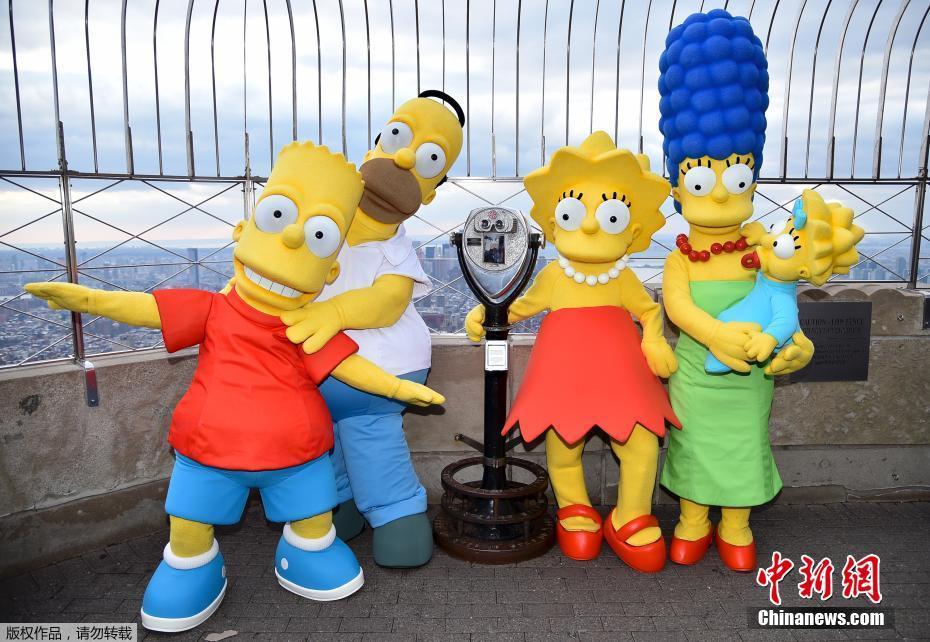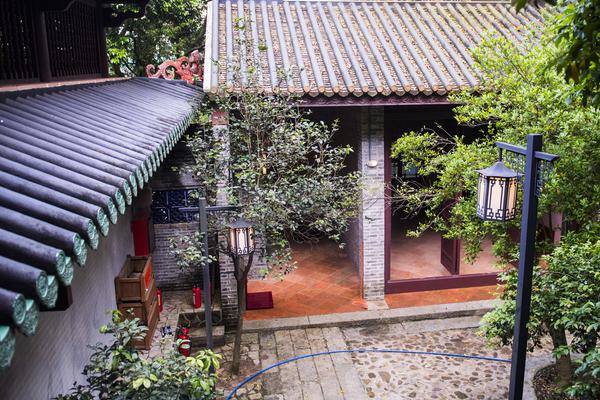As cities and My Brother in laws Last Fight Before Menopausestates continue to battle Uber and Lyft over regulations, Massachusetts just gave us a peek at what it would look like if every single one of them got serious about it.
Late last year, Massachusetts enacted stricter rules for drivers working for ride-hailing apps. Those rules meant that Massachusetts would run its own background checks instead of leaving the screening process to Uber and Lyft.
The results of those background checks are in, and 8,000 drivers were barred from driving in Massachusetts as a result.
About 70,000 drivers applied for background checks, so more than 11 percent got rejected. A big chunk of those drivers were rejected for having a license suspended previously, but there were some more serious concerns, too.
At least 1,500 drivers had a past violent crime charge. Fifty-one drivers had histories as sex offenders. Others just hadn't had their licenses long enough to meet the state's requirements.
This Tweet is currently unavailable. It might be loading or has been removed.
The background checks spanned ride-hailing drivers' entire lifetimes instead of just the past seven years, like Uber and Lyft's usual background checks. (A Lyft spokesperson in a statement to CNN noted that companies can only check the past seven years. The state of Massachusetts is allowed to go further back.)
"Under Massachusetts law, Lyft's commercial background check provider, like all consumer reporting agencies, is legally prevented from looking back further than seven years into driver applicants' histories. The state does not face the same limitation, which likely explains why a small percentage of our drivers failed the state's background check while passing ours," Lyft said in its statement.
Uber took a more combative approach, criticizing Massachusetts' law.
"The new screening includes an unfair and unjust indefinite lookback period that has caused thousands of people in Massachusetts to lose access to economic opportunities," Uber told CNN. "We have a chance to repair the current system in the rules process so that people who deserve to work are not denied the opportunity."
Neither ride-hailing company immediately respond to requests for comment from Mashable.
Massachusetts isn't the first state — or city — to get serious about regulating ride-hailing. Austin, Texas, lost Uber and Lyft entirely after the city enacted stricter rules for driver background checks. Local ride-hailing options that were more willing to comply with regulations quickly sprung up to replace the two ride-hailing giants.
Uber has been busy dealing with problems besides government regulation, but Massachusetts' effort gave the company a preview of what could be to come. The results probably gave other states ideas about how to regulate ride-hailing, too.
(Editor: {typename type="name"/})
 The Amazon Book Sale is coming April 23 through 28
The Amazon Book Sale is coming April 23 through 28
 Here's why Mariah Carey fans are thrilled about Taylor Swift's new single
Here's why Mariah Carey fans are thrilled about Taylor Swift's new single
 Why are they called the 'dog days' of summer?
Why are they called the 'dog days' of summer?
 The HBO hackers just sent us the end of 'Game of Thrones' Season 7
The HBO hackers just sent us the end of 'Game of Thrones' Season 7
Best travel deal: Score the Frontier Go Wild! summer pass for just $399
 UNLIMITED TRAVEL FOR FIVE MONTHS FOR $399:Snag the Frontier Go Wild! Summer Pass for just $399 and t
...[Details]
UNLIMITED TRAVEL FOR FIVE MONTHS FOR $399:Snag the Frontier Go Wild! Summer Pass for just $399 and t
...[Details]
It's begun: Nicki Minaj tweets shade as Taylor Swift drops her new single
 Hold on to your phones everyone. It's started.Taylor Swift dropped her highly-anticipated single "Lo
...[Details]
Hold on to your phones everyone. It's started.Taylor Swift dropped her highly-anticipated single "Lo
...[Details]
Brother of Manchester attack victim tweets tearjerking story about his sister sitting exams
 The sister of Martyn Hett, who was killed in the Manchester Arena bombing, has achieved phenomenal G
...[Details]
The sister of Martyn Hett, who was killed in the Manchester Arena bombing, has achieved phenomenal G
...[Details]
Google and Walmart team up to take on a common enemy: Amazon
 The monster threat posed by Amazon is making for some strange bedfellows in the tech and retail worl
...[Details]
The monster threat posed by Amazon is making for some strange bedfellows in the tech and retail worl
...[Details]
A Typical Wall Street Republican
 Interviews for Resistance
...[Details]
Interviews for Resistance
...[Details]
'Game of Thrones' theory about the White Walkers is mind
 Warning: Contains icy cold spoilers for Game of ThronesSeason 7, episode 6.The latest Game of Throne
...[Details]
Warning: Contains icy cold spoilers for Game of ThronesSeason 7, episode 6.The latest Game of Throne
...[Details]
Taylor Swift's new song just let us know the '90s are back
 There's one thing you need to know about Taylor Swift's new single, and it has absolutely nothing to
...[Details]
There's one thing you need to know about Taylor Swift's new single, and it has absolutely nothing to
...[Details]
Mark Zuckerberg confirms Facebook will add subscriptions for publishers, not take a cut
 Mark Zuckerberg just revealed Facebook's new strategy to save the media industry: subscriptions. Aft
...[Details]
Mark Zuckerberg just revealed Facebook's new strategy to save the media industry: subscriptions. Aft
...[Details]
Anker raises Amazon prices amid US tariffs
 Anker — the popular electronics company known for its headphones, speakers, power banks and mo
...[Details]
Anker — the popular electronics company known for its headphones, speakers, power banks and mo
...[Details]
Taylor Swift fans discovered her new album details before she could unveil them herself
 After just three days of snake videos, we now know for certain: Taylor Swift is back. But before the
...[Details]
After just three days of snake videos, we now know for certain: Taylor Swift is back. But before the
...[Details]
接受PR>=1、BR>=1,流量相当,内容相关类链接。